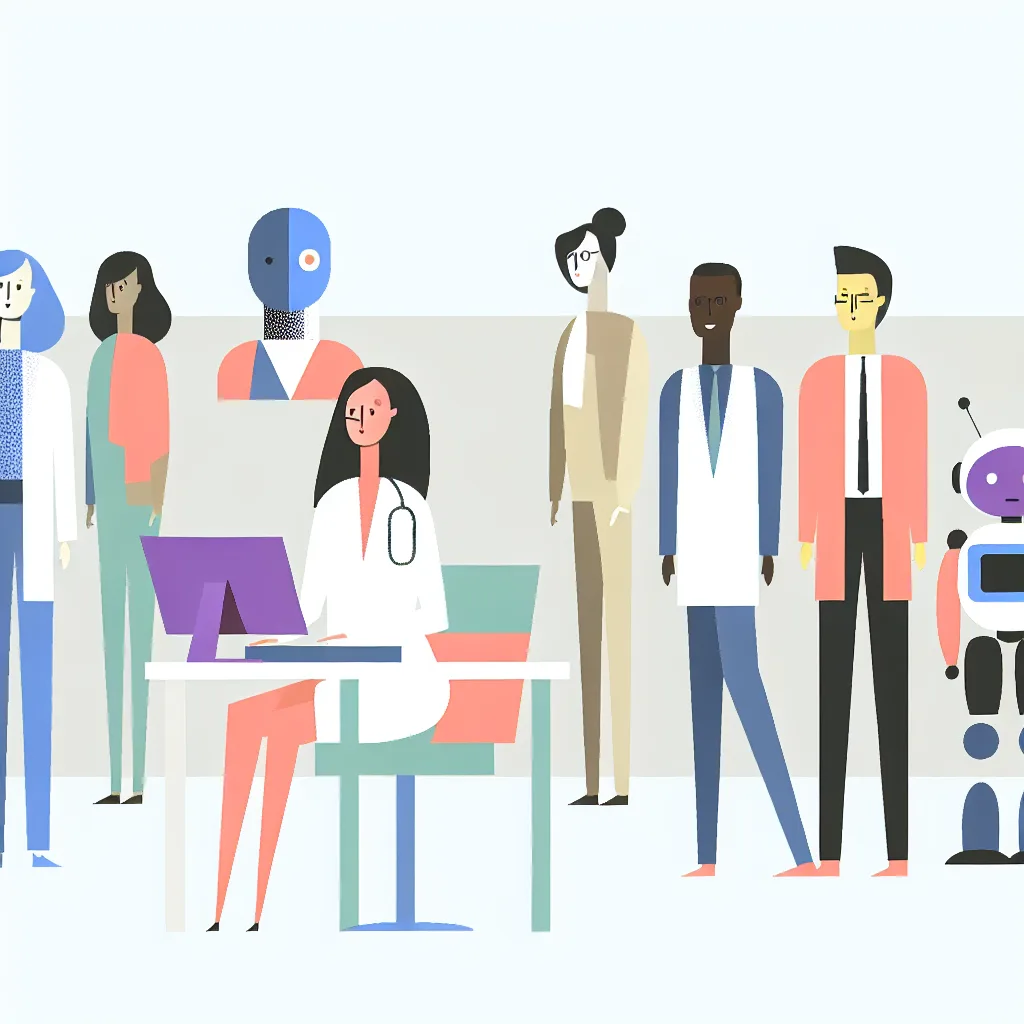Exploring the surprising impact of AI on jobs and employment trends in 2025
If you’ve been wondering whether AI and jobs mix well or crash into each other, you’re not alone. The common story goes like this: AI arrives, and suddenly jobs disappear. But the latest research suggests the picture isn’t that simple. Actually, AI and jobs might have a more balanced, even positive relationship than we first thought.
Let’s dive into what recent findings shared at Jackson Hole tell us about this. This research offers new insights that challenge the usual fear that AI will just eat up jobs and leave many people without work.
What the Research Says About AI and Jobs
Studies recently discussed by economists look beyond the immediate disruption AI causes. Sure, some jobs might change or go away as machines get smarter, but new roles are emerging too. The data shows AI can actually boost job creation by making companies more productive, which leads to growth and new opportunities.
This means the labor market could adapt and even thrive alongside AI advancements instead of shrinking. It’s an encouraging sign for anyone worried about the future of work.
How AI Impacts Different Sectors
The impact is not uniform across industries. For instance, sectors like tech and data analysis have seen growth fueled by AI technologies, creating new roles and specialties. Meanwhile, more routine tasks might be automated, changing the nature of some jobs rather than eliminating them.
This shift can push workers to learn new skills, making workforce adaptability a key focus for education and training programs. It’s not just about losing jobs; it’s about jobs evolving.
Why It’s Not Just About Job Loss
Understanding AI and jobs means looking past headlines about automation and layoffs. While some roles face disruption, others will be supported or enhanced by AI. Think of it as a partnership rather than a replacement.
For example, AI tools can handle repetitive or data-heavy tasks, freeing people to tackle creative, strategic, or human-centered work. This can lead to more fulfilling jobs and new career paths that didn’t exist before.
What This Means for You
If you’re wondering how to prepare, it helps to focus on skills that complement AI — like critical thinking, creativity, and emotional intelligence. Staying curious and adaptable will be key as the job market shifts.
Also, policymakers and businesses have a role in facilitating smooth transitions. Investing in retraining and reskilling can help workers move into emerging roles powered by AI.
Looking Ahead
The relationship between AI and jobs is complex but hopeful. The latest insights show AI might add more to the job market than it takes away — transforming how we work instead of just reducing opportunities.
If you’d like to dig deeper, here’s a detailed piece on the topic from Forbes worth checking out. Plus, the Federal Reserve’s discussions around this provide good context on economic implications and labor market risks. You can visit Federal Reserve’s research for more info.
Understanding AI’s true impact on jobs is about watching trends, educating ourselves, and trusting that people and technology can grow together. It’s a nuanced journey, but I find the new research genuinely hopeful for the future workplace.
Stay curious, stay open, and keep learning.
